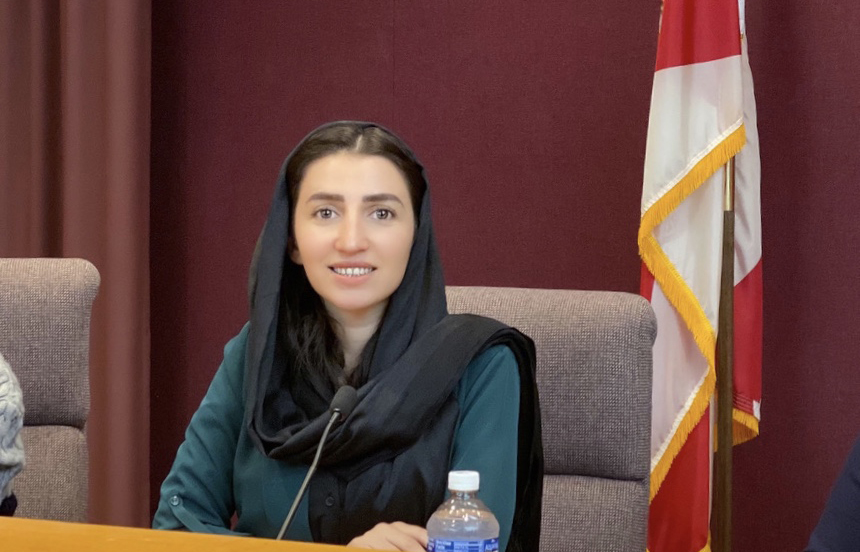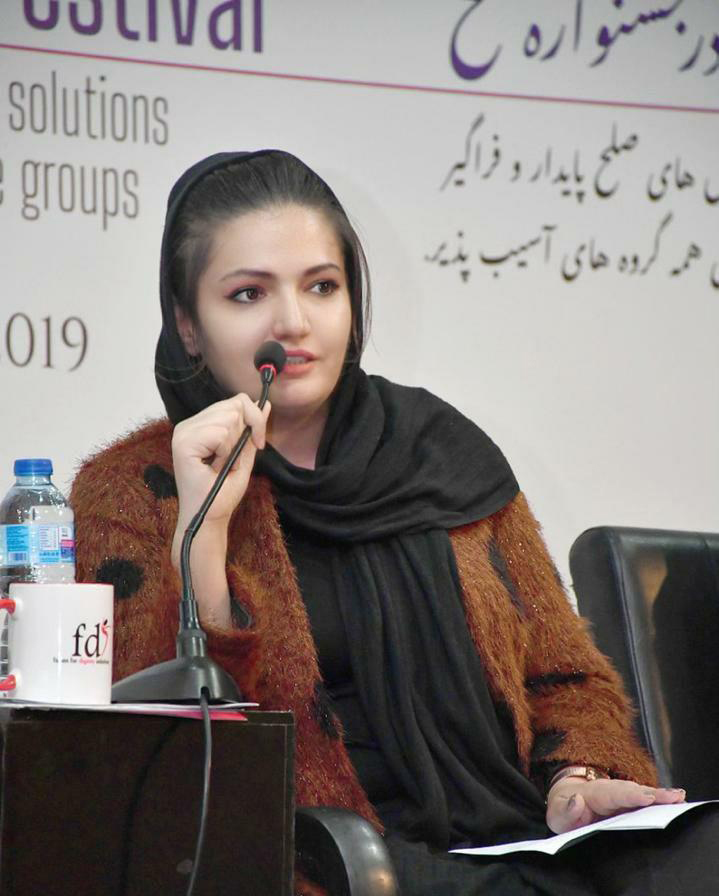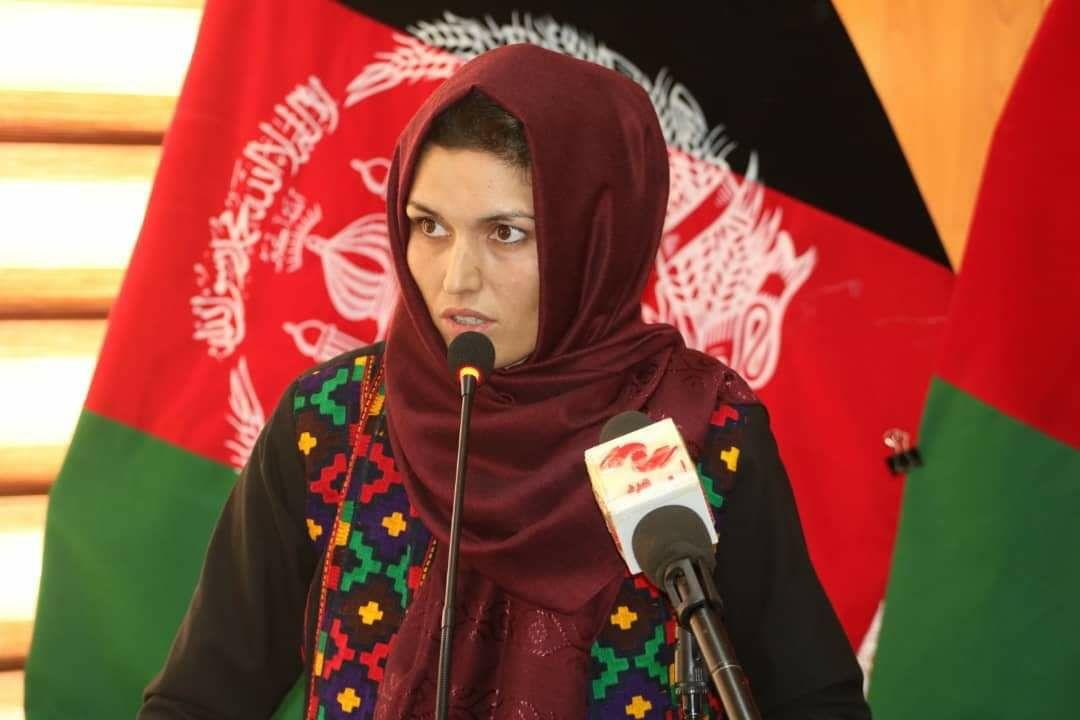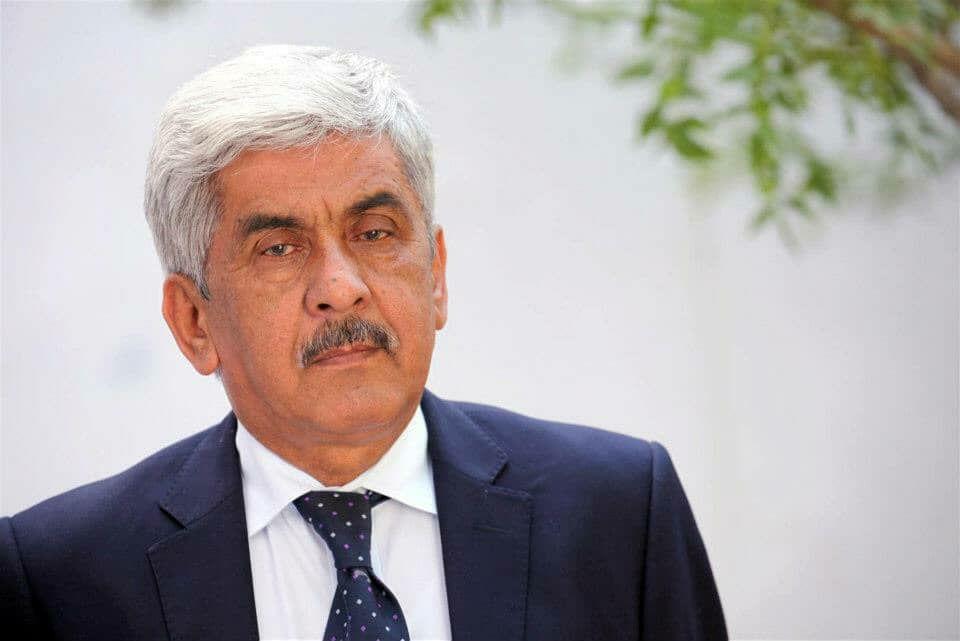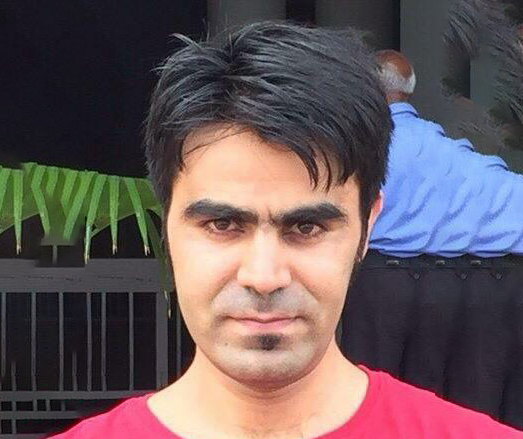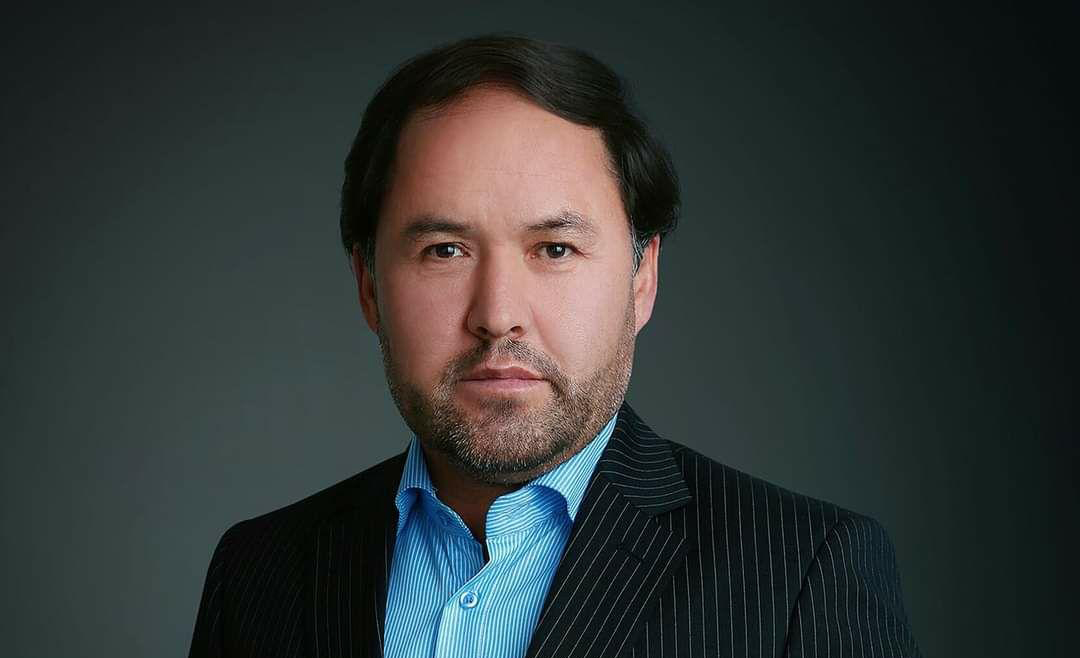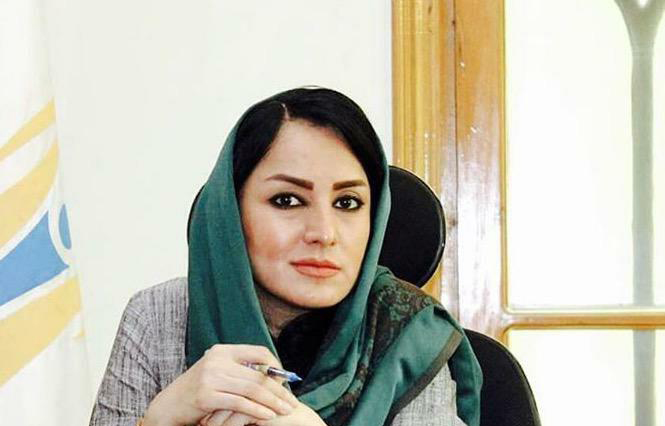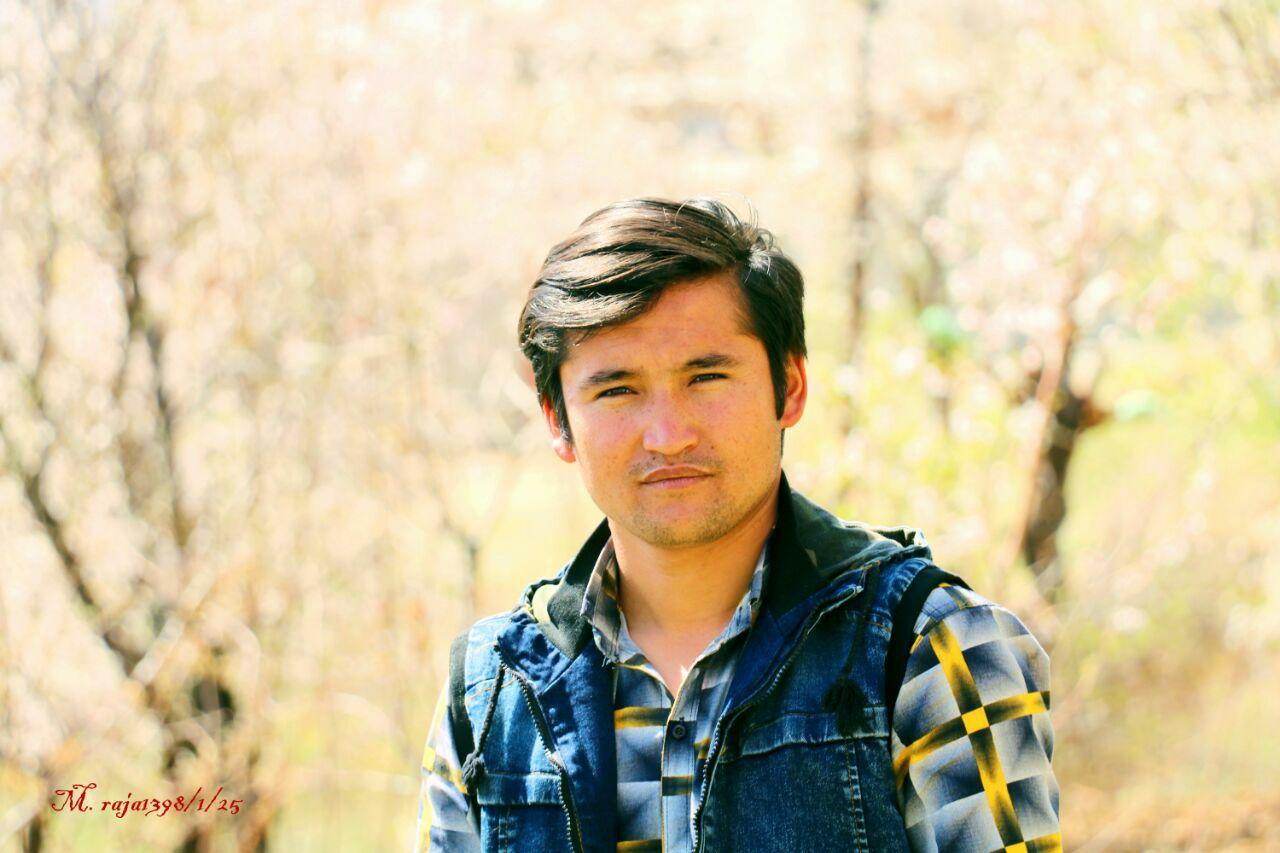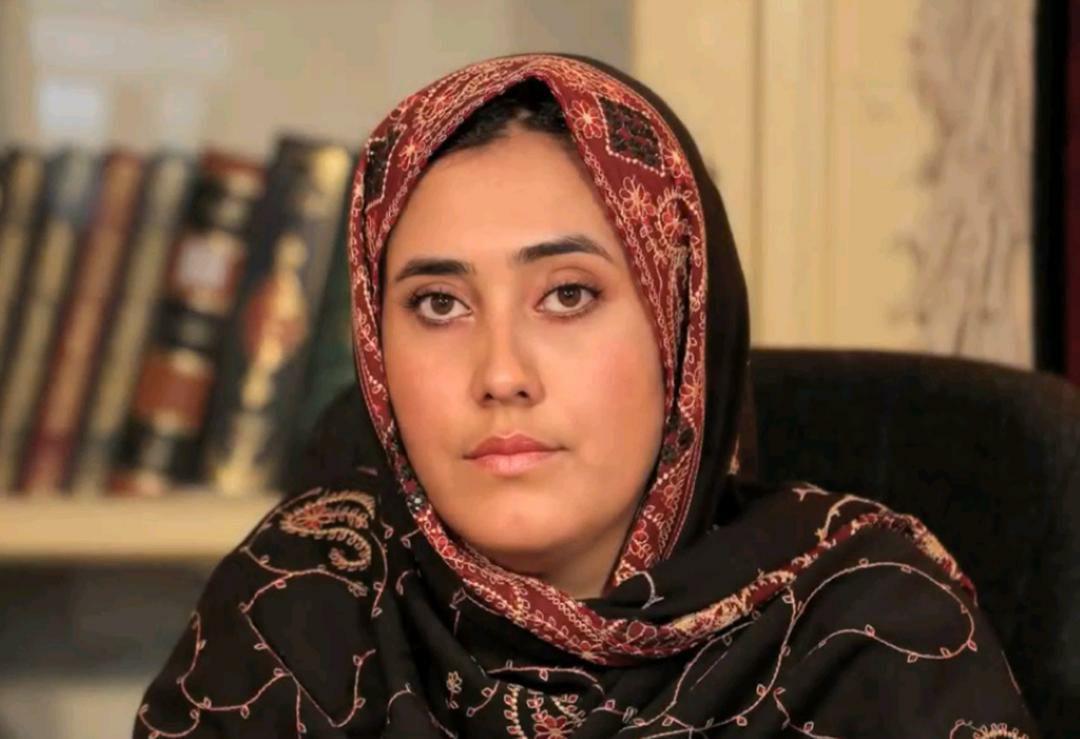Taliban’s View of Women; Women’s concern about the Outcome of Peace Talks
Since the beginning of the peace talks, the Afghan public has had a mix of hopes and fears concerning the peace process. Talking to CSHRN, Ms. Dida Shekib expressed her frustration about the peace talks with the Taliban, who ignore half the population in Afghanistan.CSHRN: How do you assess the progress in peace talks?Ms. Shekib: Given the start of the peace talks, the negotiating parties have not yet been able to agree on basic matters. However, the wounds of four decades of armed conflict are not that much easy to be healed in a short span of time. I think it may take much longer for parties to the conflict to reach a political agreement.CSHRN: Will the peace dialogue pay off with the Taliban?Ms. Shekib: I think the current war is not only among Afghans, rather many countries in the region are, too, involved and so does the solution. Having no female negotiators signifies the Taliban’s harsh views of women. Therefore, women’s rights and the constitution will not be preserved without the support of foreign countries in the region.CSHRN: How do you observe the capacity of Afghan negotiating team members in defending women’s rights?Ms. Shekib: I think there are really strong women in peace talks who are committed and experienced. However, some have insufficient capacity but own political affiliation and personal network.CSHRN: What critical issues related to women must be put forward in the peace negotiations?Ms. Shekib: Women’s fundamental rights such as the right to education, healthcare, and employment must be protected. During the Islamic Emirate, girls were banned from going to school. Therefore, reaching an agreement to recognize women’s human right will be very hard.CSHRN: Does the public accept restrictions on women’s rights?Ms. Shekib: If a peace deal is made at the expense of women’s access to…
